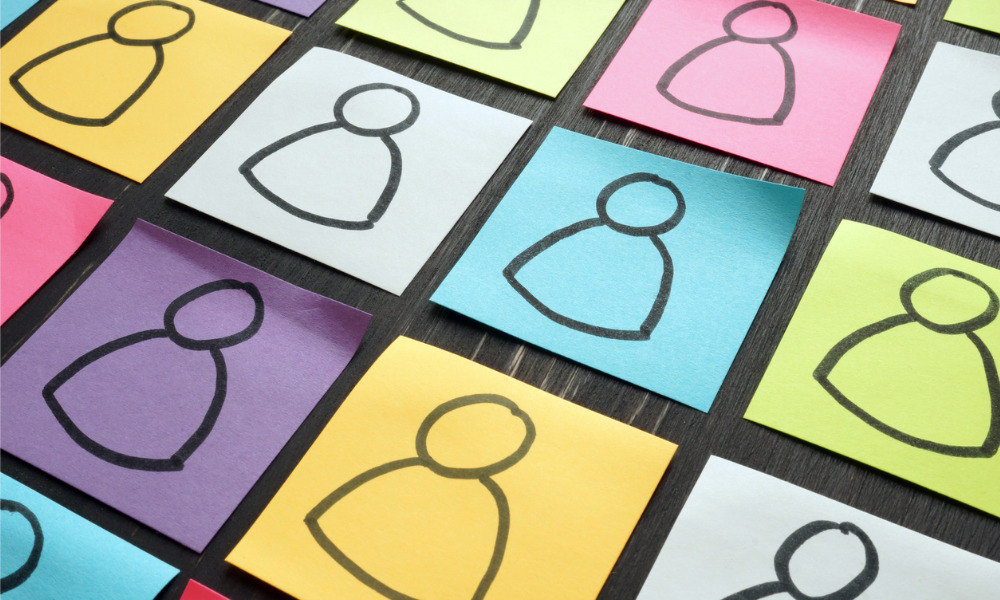
Research suggests that women at the Fair Work Commission are being sidelined from important matters

As men and women have a diversity of ideas, viewpoints and insights, there is much research to suggest that gender diversity in the workplace enables a wide range of benefits, including better decision-making.
However, new research suggests that female presidential members at the Fair Work Commission (FWC) are being sidelined from important Full Bench matters.
It found that female deputy presidents of the FWC have presided over just 4% of the 240 Full Bench matters to date, despite comprising more than one-third (35%) of its presidential resources.
The analysis of the national employment tribunal’s decisions in 2020 also found that of the FWC’s eight female deputy presidents, five have not presided over a single Full Bench matter in 2020, while the other three have presided over 10 matters between them.
HRD contacted the Fair Work Commission, however the national workplace relations tribunal chose not to comment.
Read more: Diversity and inclusion best practices to follow
The analysis also found that one male deputy president, Val Gostencnik, has presided over 29 Full Bench matters in 2020.
DP Gostencnik, alongside President Ross and vice presidents Hatcher and Catanzariti are the four most powerful members of the tribunal and between them they have presided over 92% of all Full Bench matters in 2020.
In addition to the president and two vice presidents, the FWC has 20 deputy presidents.
These deputy presidents all earn the same taxpayer-funded salary of $462,000 and have the same statutory standing to administer the work of the national workplace tribunal, according to Steve Knott, chief executive of the Australian Resources and Energy Group (AMMA).
“It’s incredibly disappointing that female deputy presidents, who today comprise 35% of the tribunal’s presidential members, have overseen just 4% of Full Bench matters in 2020,” said Knott.
Knott also claimed that the analysis by the AMMA found that four men at the top - all in their late 50s or early 60s - are making 92% of the important decisions relating to employment practices in this country.
Read more: Adidas HR head resigns as company addresses diversity issues
“It is one thing for business and government agencies to work to close the gender gap; it’s another to actually utilise the talent once recruited,” he said.
“In 2020, it is simply unacceptable for the FWC’s incredible talent pool of women to be effectively sitting on the sidelines.”
However, many organisation around Australia are also facing a lack of gender diversity in senior roles and responsibilities.
Speaking to HRD, University of South Australia’s Dr Kathy Rao said that many Australian boards suffer from a lack of women and that a “male pack mentality” causes biased and unbalanced decisions.
Dr Rao said that women bring a unique set of values, perspectives and capabilities to top-level decision-making. However, old-school attitudes tend to hold them back, partly because they often don’t have support to push new ideas over the line.
“When men are selecting a board member they go for similar kinds of people,” said Dr Rao.
“Board recruitment process is an area we thought needed a lot of attention.”
Her own research found that a persistent “boys’ club” mentality is impairing decision-making at the top and that Australian companies need to be more proactive in offering training and incentives for more women to become actively involved in firm governance.